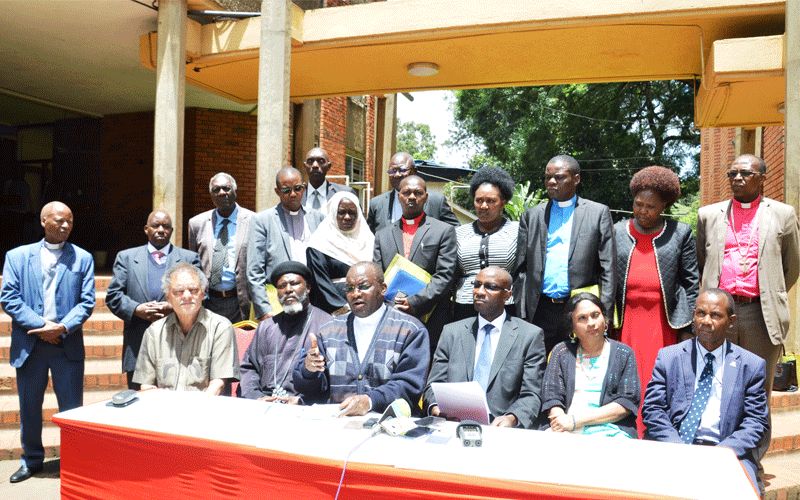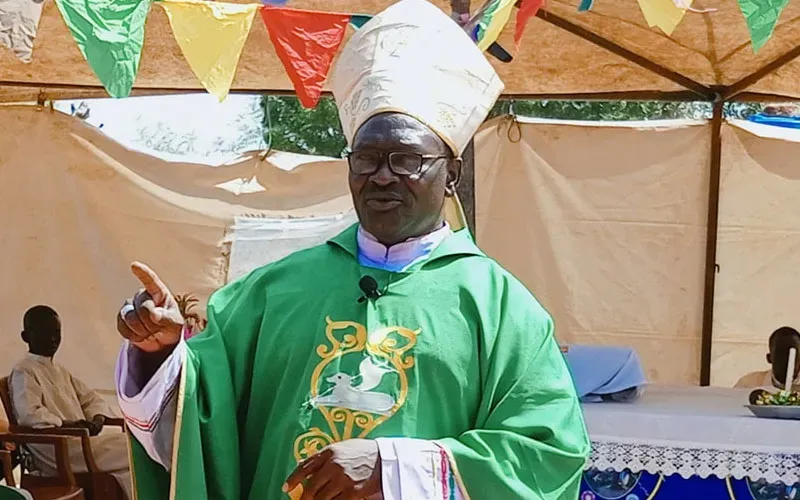Others are the Organisation of African Instituted Churches (AIC), the Seventh Day Adventist (SDA), and the Supreme Council of Kenya Muslims (SUPKEM).
“We have keenly observed the developments in national debate on the Building Bridges Initiative (BBI), and are deeply concerned that the country has been pushed to a state of heightened political emotions, which in the past have been a precursor of violence and chaos,” the religious leaders state.
They attribute the discord being witnessed in the country over BBI to the “pervasive ignorance of the majority of Kenyans” and urge the country’s President Uhuru Kenyatta to direct “that a comprehensive civic education program on the (BBI) Report of the Task Force be implemented immediately.”
In the five-page statement, the religious leaders raise concerns over the validation process of the report saying “the current situation where the formal validation of the Report has been subsumed by the diversionary rallies organized by political actors is contrary to the structured dialogue that the Task Force was meant to shepherd.”
To correct the anomaly, the leaders recommend “that the Steering Committee on the Implementation of the Building Bridges to a United Kenya Task Force Report robustly implements its mandate that entails validation of the Taskforce Report and making recommendations for its implementation.”
With the possibility of the 156-page BBI report being taken through a referendum, the religious leaders ask the head of state to initiate “the process of filling the vacancies in the Independent Electoral and Boundaries Commission (IEBC) with utmost urgency,” as it would be “irresponsible on the part of the political leadership to cause the country to once again go through an acrimonious change of leadership at the IEBC as happened in 2016.”
“Kenya deserves to have a properly constituted IEBC to undertake the constitutionally mandated review of the boundaries of electoral units, and conduct the referendum if one is called to effect necessary reforms,” the representatives of the over 300 religious leaders across different faiths in Kenya collectively state.
Referencing the “divisive referenda” in 2005 and 2010 that offered only the collective “Yes” and “No” options to the whole set of issues subjected to the vote, the religious leaders advise that should the country hold a referendum on BBI, “the questions should focus on specific issues and not an omnibus Yes or No vote.”
The leaders go on to call on political leaders to desist from “further public display of a culture of insults and disrespect of one another,” as witnessed in the BBI rallies, a trend they say is “grievously eroding the morals of our children who are growing up believing that insults, mudslinging and violence are pathways to success.”
“Are these the values that we want in this nation?” the leaders probe and add, “It is not lost on us that politicians misbehave in this manner, and whenever the other Kenyans behave like them, the religious institutions are accused of not inculcating values in the people.”








